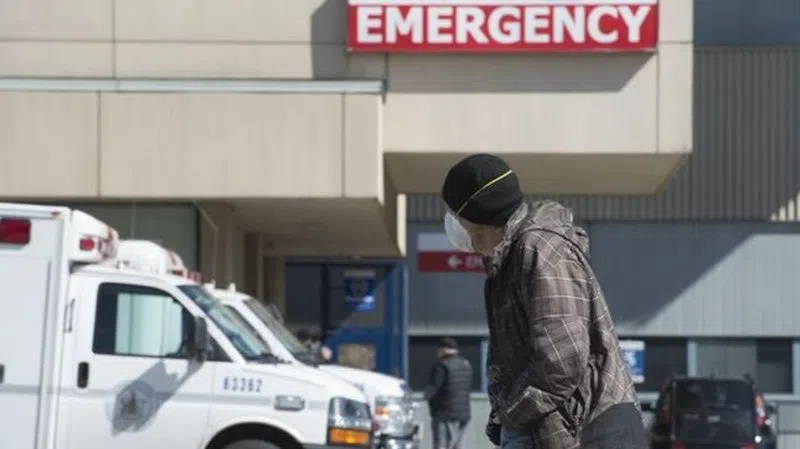
Hidden death toll: Doctors say people dying as they avoid ERs due to COVID fears
Health-care providers are warning of an unseen toll COVID-19 could take if people die because they are too afraid to go to an emergency room for serious health issues unrelated to the pandemic.
“There’s going to be secondary harm. Make no mistake,” said Dr. Alan Drummond with the Canadian Federation of Emergency Physicians.
“To what extent has this been happening? We don’t know. It will probably only be quantified after the fact. Then we will start to get a sense of the hidden costs of this pandemic.”
There have been major changes in health-care delivery to prepare for an expected surge of people ill with COVID-19. Doctors are connecting with patients virtually, elective surgeries are being cancelled or delayed, and hospitals are reallocating staff.


